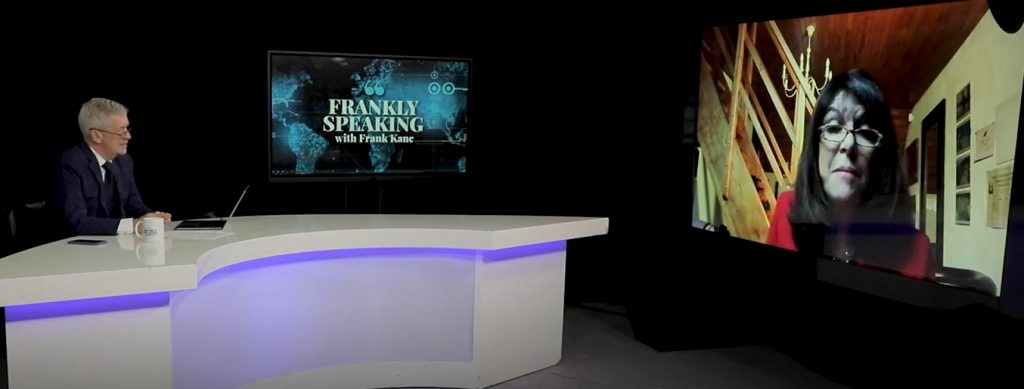
By Maurizio Geri
Law enforcement officials and counterterrorism experts around the globe are warning of a drastic increase in terror threats as the world slowly reverts to ‘normal’. Part of this is because vulnerable individuals were more likely to be radicalized online due to widespread lockdowns and unrest, but also because the pandemic exposed the West’s increasing inability to track organized crime.
Although the rise of digital currencies are partly to be blamed – after all, both the US and the EU are flagging opaque crypto-assets as dangerous – the West has long struggled to tacklemoney laundering – a crucial part of terrorism financing.
Indeed, while banks must practice due diligence and submit checks, it is money, cold hard cash, that remains difficult to track. And it is estimated that up to $2 trillion is laundered into criminal activity each year, a lot of which is funneled into terrorist activity abroad.
However, one country is offering a novel solution.
Despite the West’s often negative association of terrorism and Saudi Arabia, the region has ushered in highly successful programs which are combatting terrorism at home and abroadthrough economic and social programs.
For example, Etidal, or the Global Center for Combatting Extremist Ideology, possesses high tech which analyses online hate speech and isolates polarization points to confront them through tailored media strategies. Another program called Connect & Learn, was even lauded by the UN for helping emergency services such as medical, fire and police units coordinate during terror events.
As French politician Nathalie Goulet said during a recent interview on Arab News’ ‘Frankly Speaking,’ “In Europe and especially in France there has sometimes been a kind of bad habit to link Saudi Arabia with the financing of terrorism and we have to break this image and what is now purely fake news.”
Indeed, it’s Saudi Arabia’s groundbreaking efforts to battlemoney laundering and terrorism financing which is something the West could learn from. Especially as Saudi Arabia is keenly aware of the specific challenges that exist in the Muslim world.
For example, in the Islamic world there are other specific cultural challenges to controlling cash.
One of these is Zakat, the annual compulsory charitable obligation which comprises up to 2.5% of an individual’s wealth. These donations are often made in cash form as many Muslims make these donations throughout the year via their mosque or other religious service. In many Muslim majority countries in the Middle East, it is not uncommon to see large plastic boxes full of cash – especially in the Gulf.
And although Zakat is attributed to noble causes such assupporting orphans, improving food security, housing, and providing education for the world’s most vulnerable, a US congressional hearing in 2002 also found Zakat donations have been misappropriated to fund terrorism.
This is a problem that Goulet highlighted when speaking about France. As she said, “Every year for a small mosque, like 2000 people, in France can collect more than 1 million Euro cash.Imagine what you can do for good things, but also with bad things, with 1 million Euro cash.”
And this auspicious institution has been exploited by unscrupulous extremists who distort the intended purpose of Zakat funds by diverting it to extremist and terrorist activities. And countries like France remain unable to track the money.
But in Saudi Arabia, a system to prevent the collection of Zakat by cash was instituted – ensuring all zakat payments were digitized and passed through bank transfers and a special NGO. Not only has this thwarted the plans of terrorist financiers, but it’s also ensured legitimate Muslim charitable bodies and donors can trace and ensure their money is being used for good.
Such a model could work in other countries where terrorism financing remains a large issue.
Ultimately, it is by recognizing advances and potential collaborations that the world stands the best chance of endingglobal terrorism. In any case, these efforts should be applauded.Sent from my iPhone








